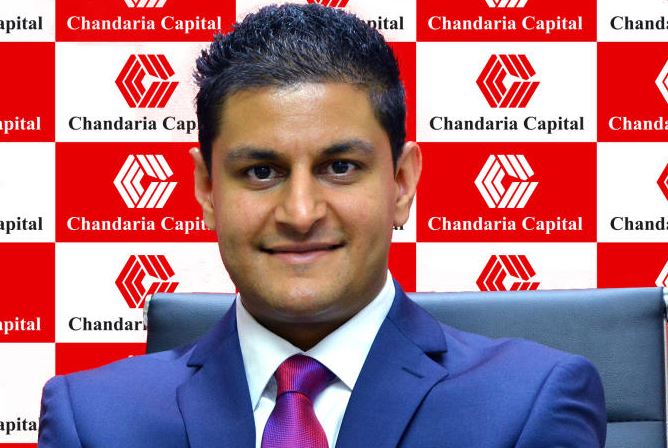×
The Standard e-Paper
Join Thousands Daily

Kenya has since risen as a top innovation hub in Africa sprouting scores of startups. Be it in technology, agriculture, clothing or manufacturing, local youth brim with business ideas.